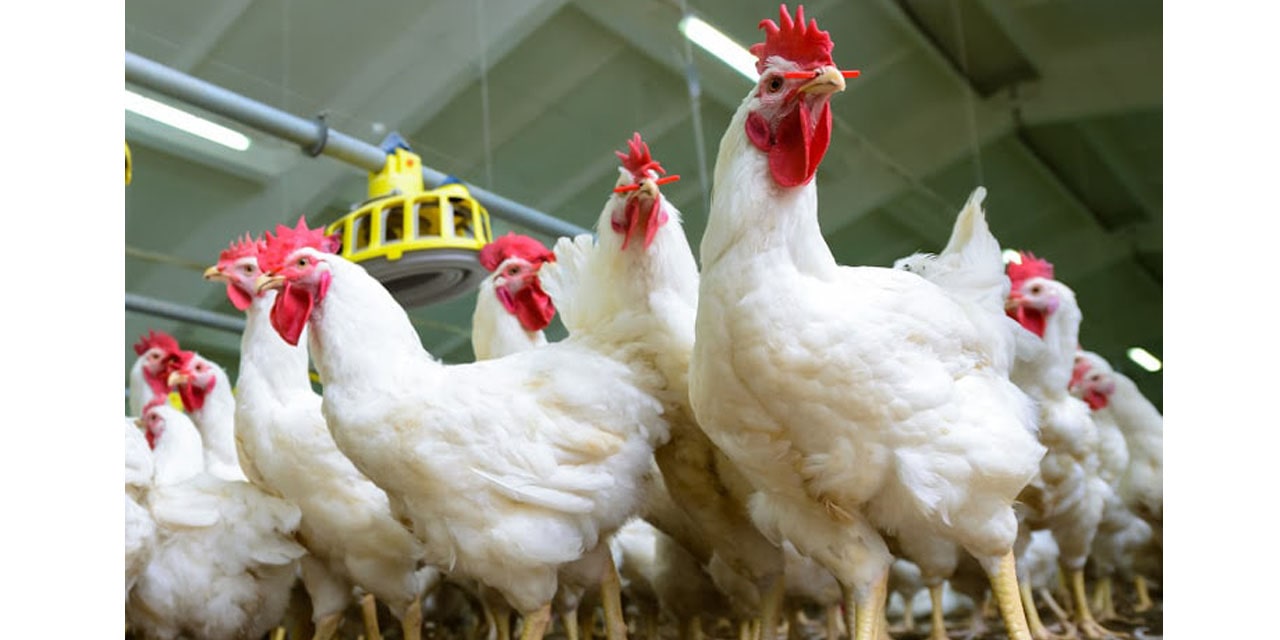Hertta-Maria Amutenja
Economic analysts fear that the resumption of poultry meat imports could lead to a price war and job losses in the local market.
Josef Sheehama has warned that the resumption of the import of poultry meat from South Africa may not be able to compete with our local poultry industry.
“This is bad news for our industry. There will be a decline in domestic production and an increase in imports of chicken meat. Since customers will always purchase what is least expensive, their demand will have a big influence on both imports and domestic production,” he said.
Sheehama highlighted that the expected price wars and potential layoffs pose a serious threat to the industry’s stability and productivity.
He said the anticipated outcome is a decline in domestic chicken meat production and a subsequent increase in imports, driven by consumer preference for cheaper options.
“The poultry sector in Namibia contributes considerably to the country’s economy and food supply and enjoys a comparative advantage in the production of chicken meat. It is imperative to avoid importing poultry meat from South Africa and ensure the protection of our industry if the domestic industry produces enough meat to satisfy local market demand,” said Sheehama.
Last week, the Ministry of Agriculture, Water, and Land Reform (MAWLR) Directorate of Veterinary Services announced the resumption of poultry meat imports from South Africa.
“It should be noted that only poultry meat derived from live poultry originating from bio-secure poultry farms (compartments) as listed by the Veterinary Authority of South Africa will be permitted to be imported into Namibia,” read the notice by MAWLR chief veterinary officer Albertina Shilongo.
The decision to resume imports follows a suspension last year, when Namibia halted imports of live poultry, birds, and poultry products from South Africa due to the spread of highly pathogenic avian influenza (HPAI).
The suspension was initiated in response to an alarming rise in HPAI cases in South Africa, a major poultry producer on the continent.
Ndeshi Shivute, owner of JNJ Perfect Poultry Farming in Windhoek, also shares Sheehama’s concerns.
She sells close to 15,000 chickens per month, including day-old chicks, poultry feeds, and equipment.
Shivute expressed her fear that the lifted import ban might bring diseases into the country.
“With the ban lifted, we might be in danger. I am a bit scared because South Africa has been and is still struggling with this disease. I am afraid that as we import poultry products from there, we might bring the disease into Namibia. Indeed, only certain farms are allowed to export, but the disease could still spread from others into Namibia,” she said.
According to her, the ban has prompted her to explore alternative sources.
“We usually get layer chicks from South Africa. Locally, we have our own broilers. When the import ban came into place, we struggled a lot, especially with the eggs. There were no eggs. However, the ban also opened our eyes to sourcing from other places. Since the ban last year, I have been able to find suppliers from Zambia, and I have been able to import two to three trucks every month. Each truck comes with about 5 000 hens,” she said.




